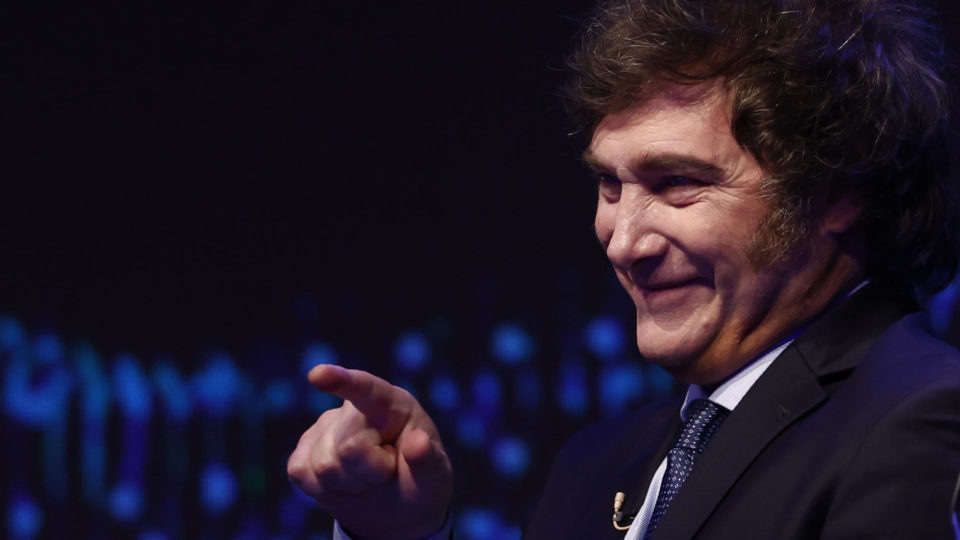Here we are, continuing in Part 2 of our report on Argentina’s freshly-elected president, Javier Milei who will be sworn in on December 10. In Part 1, we delved into some media characterizations and the dominant ideological shift in Argentina. Now, we’re zooming in on the crux of the matter – Milei’s economic and political views. But first, a little about who Javier Milei is.

Javier Gerardo Milei is an Argentine economist and professor who gained prominence for his libertarian views and very outspoken nature. Born on October 22, 1970, in Buenos Aires, Milei holds a degree in economics from the University of Buenos Aires and a PhD in economics from the National University of La Plata. Milei has also worked as a professor at various universities, including the University of Buenos Aires and the University of Belgrano.
Milei’s rise to political prominence began with his strong criticism of the economic policies implemented by the peronista governments that have dominated Argentina, on and off, for nearly 8 decades (See Part 1). Milei’s political philosophy is rooted in classical liberal and libertarian principles, emphasizing individual freedom, limited government intervention, and free markets. Milei is an economist in the Austrian tradition. He is at ease quoting Milton Friedman and Friedrich Hayek, for example.
Regarding the individual, Milei believes that liberty is first and foremost individual liberty. This is in contrast with the collectivist view of society in which its adherents expect the individual to submit herself to the group. That would be more akin to Justin Trudeau’s view of the world, for example. Some of you may recall that in a March 2023 “town hall” in Newfoundland, the prime minister lectured citizens that the measure of success is in how much value one offers to “the tribe,” he said, providing cavemen as examples. Milei’s view of individuals is classical liberal. It goes back to the 17th century and not 200,000 years to the Middle Paleolithic period like Trudeau’s.
Austrian economists believe that allowing individuals and businesses to engage freely in voluntary transactions leads to greater efficiency and prosperity than when the government orchestrates things. The market is more efficient than government. “Each time the state intervenes, the results are worse,” he said to Tucker Carlson, who interviewed him a few weeks before the election.
Milei’s political philosophy also extends to social issues. He does not believe in the state’s imposition of moral codes. He believes that individuals should have the right to make choices about their bodies and lives without collective interference, though he is himself opposed to abortion. In an interview with La Nación, Milei expressed his views in terms of a defender of personal freedom and expressed his support for personal freedom in terms used by British political economist John Stuart Mill: “I defend the right of each person to live their life as they see fit, as long as they do not harm others.” That is called the “principle of harm,” first expressed by JS Mill in his famous Essay on Liberty (1859).
Kindly join our Substack to read the remainder of this post and other content


Share Your Thoughts